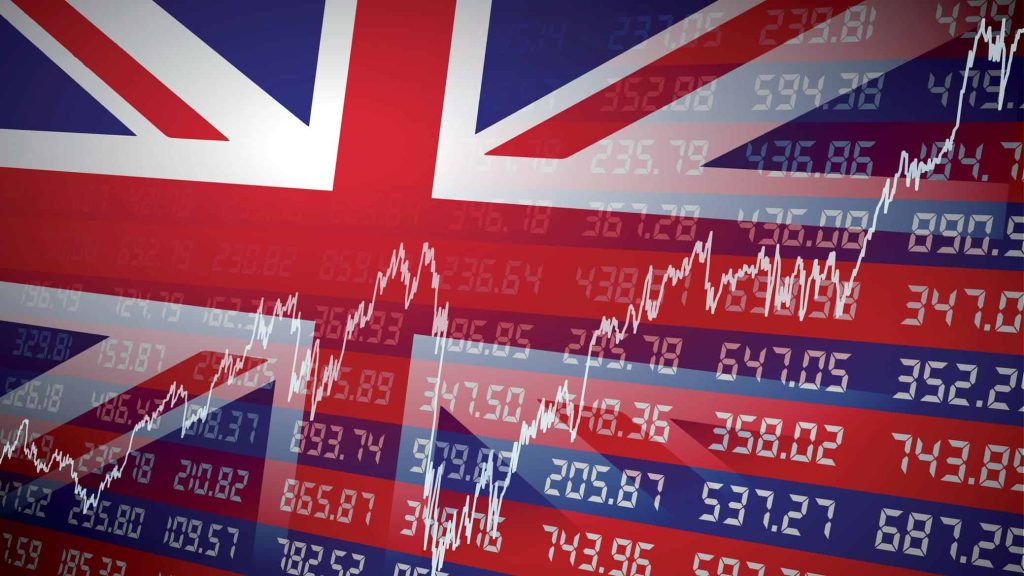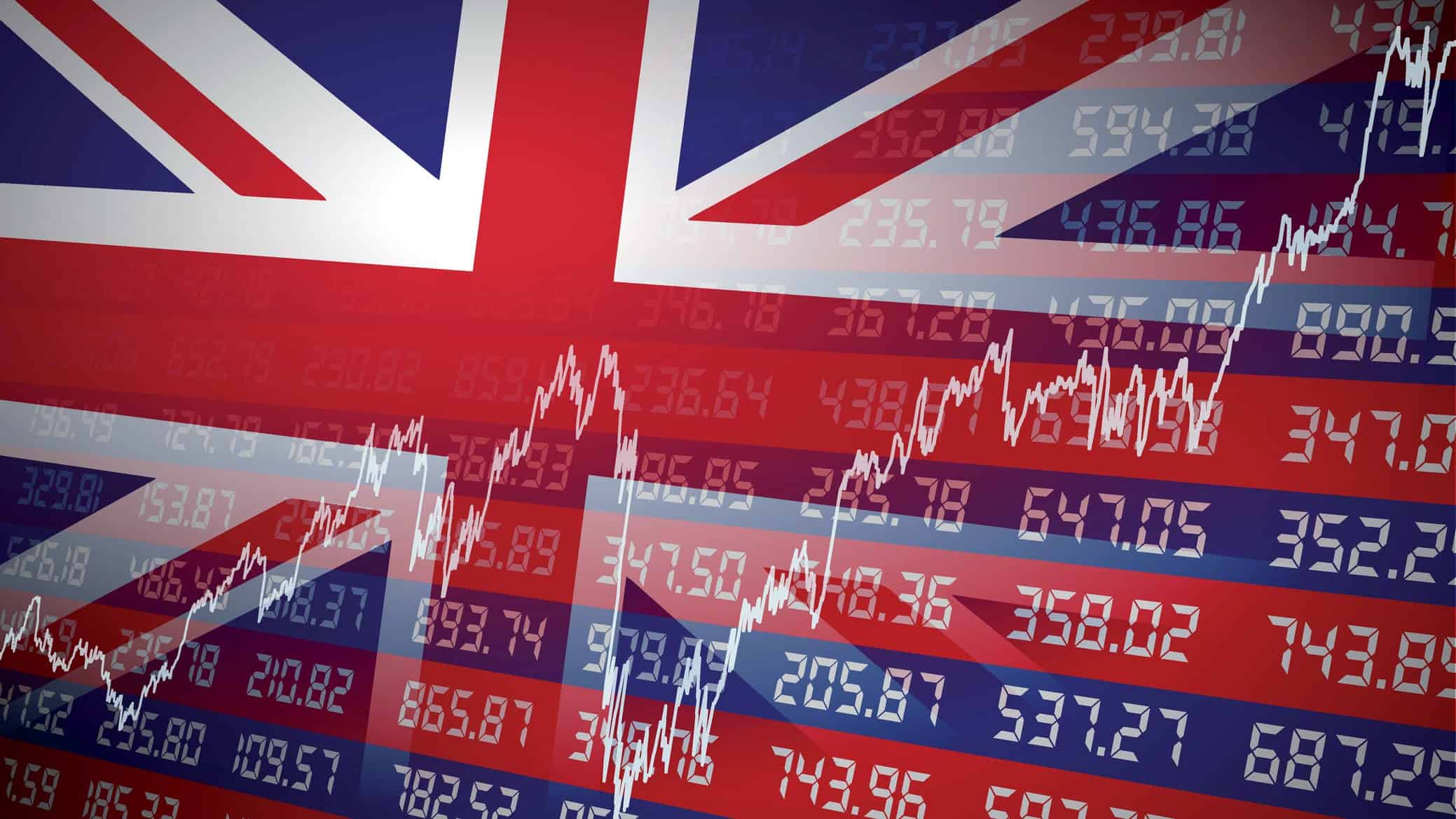What’s happening with the Jet2 share price?


The Jet2 (LSE:JET2) share price has surged from its lows in early April. However, it declined recently after the company released its preliminary results for the year ending March 2025. The results actually weren’t the issue — they were very strong. The issue was the disclosure that customers were booking later than expected for their summer holidays.
So, why is this an issue? Well, it creates uncertainty for Jet2’s planning and pricing strategy. When customers hold off on booking, the company may have to introduce last-minute discounts to fill seats, which puts pressure on profit margins. It also makes it more difficult to manage capacity efficiently, raising operational risk and potentially impacting profitability.
Although Jet2 remains financially strong with record profits and an improved cash position, this shift in consumer behaviour means that future revenues are less predictable. That’s why investors reacted nervously despite the robust headline results.
Forward guidance
For the year ending 31 March 2026, Jet2 has guided for profit before FX revaluation and taxation of £579m — just £2m higher than the £577m reported for 2025.
This effectively signals flat earnings growth, despite continued strong trading and robust demand. In turn, this equates to the business trading around 7.9 times forward earnings.
While not expensive, the lack of earnings growth may limit near-term re-rating potential. That said, Jet2’s strong balance sheet — including a huge net cash position of £2bn — provides a degree of resilience and operational flexibility.
With the financial strength to absorb short-term pressures and invest in long-term growth, the company remains well positioned should cost inflation ease or consumer booking patterns become more predictable.
The key reason for this limited profit expansion is rising operating costs. Jet2 is facing industry-wide pressures, including higher fuel prices, increased staff wages, and broader inflation across services such as maintenance, airport charges, and hotel operations.
These elevated costs are offsetting the benefits of growing passenger numbers and strong revenue generation.
The bottom line
Jet2’s EV-to-EBITDA ratio stands at just 1.58. That’s well below leading sector rivals like easyJet (2.09) and IAG (3.88). This ultra-low valuation suggests the market is either underestimating Jet2’s prospects or heavily discounting potential risks tied to its cost pressures and ambitious expansion plans.
Such a multiple is especially notable given Jet2’s strong profitability, modernising fleet, and resilient balance sheet. For value-oriented investors, this signals that Jet2 is one of the cheapest large-cap aviation stocks in Europe relative to its underlying cash earnings. I find that very compelling.
The discount highlights solid potential if the company can deliver stable margins as it grows, or if sentiment toward the sector improves. However, the low multiple may also reflect market caution over airline cyclicality, execution risks from rapid fleet growth, and a limited near-term earnings outlook due to higher cost inflation. That’s worth keeping an eye on.
For now, it remains my single largest position. That’s largely because of the appreciation since a large investment made in April. For now, it makes sense for me not to add to my position given concentration risk. However, I believe it’s worthy of broader consideration.
The post What’s happening with the Jet2 share price? appeared first on The Motley Fool UK.
More reading
- What’s going on with the Jet2 share price now?
- The Jet2 share price nosedives despite record-breaking 2025 results
- £10,000 invested in Jet2 shares 2 years ago is now worth…
James Fox has positions in Jet2 Plc. The Motley Fool UK has no position in any of the shares mentioned. Views expressed on the companies mentioned in this article are those of the writer and therefore may differ from the official recommendations we make in our subscription services such as Share Advisor, Hidden Winners and Pro. Here at The Motley Fool we believe that considering a diverse range of insights makes us better investors.





